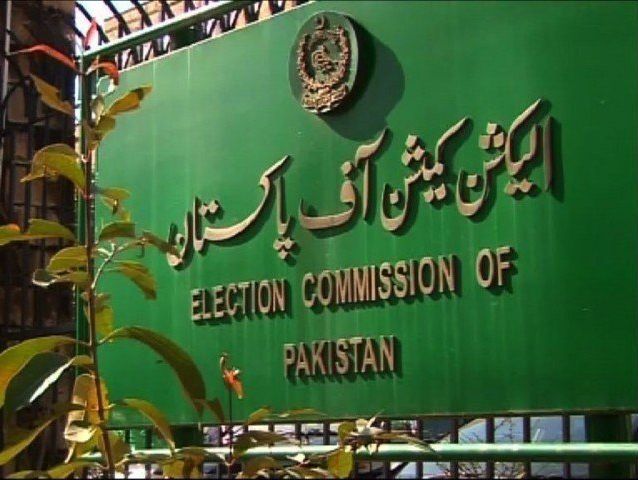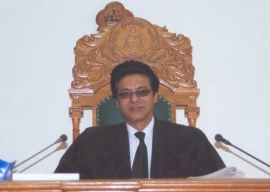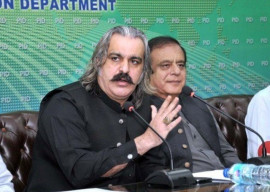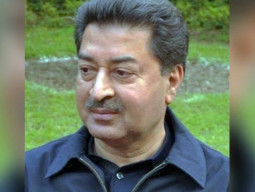
The Election Commission of Pakistan (ECP) on Thursday decided that after thoroughly examining the scrutiny report on PTI’s foreign funding, a public hearing would be held on the matter. The parties concerned would be asked to respond to the questions raised in the report.
A meeting was held at the ECP, presided over by Chief Election Commissioner Sikandar Sultan Raja, to review the report of a scrutiny committee formed in 2019 to audit the foreign funds of the ruling PTI.
Sources said ECP’s Director General of Law Muhammad Arshad, the head of the committee, presented the report at the meeting.
They added that the ECP would meet again on December 13 to further examine the report and members to give their opinion on the matter.
Read PTI opposes open hearing of foreign funding case
The report will be handed over to the parties concerned only after a public hearing.
The committee had submitted its report to the commission last month, around six months after the last deadline given to it by the ECP in September last year.
The foreign funding case against PTI continues to linger before the ECP since November 2014 when it was filed by the party’s founding member Akbar S Babar.
Babar alleged serious financial irregularities in the ruling party’s accounts including illegal sources of funding, concealment of bank accounts in the country and abroad, money laundering, and using private bank accounts of PTI employees as a front to receive illegal donations from the Middle East.
The PTI had approached the commission in October 2017 to seek scrutiny of funding record of the PML-N and PPP for years 2013-2015.
In two separate “complaints”, the PTI accused the PML-N and PPP of concealing their sources of funds and companies registered by them in the United Kingdom and the United States, respectively, and sought cancellation of election symbols allocated to them “for their failure to meet legal requirements for eligibility to obtain the symbols”.



1725443747-0/Untitled-design-(5)1725443747-0-165x106.webp)

















COMMENTS (2)
Comments are moderated and generally will be posted if they are on-topic and not abusive.
For more information, please see our Comments FAQ